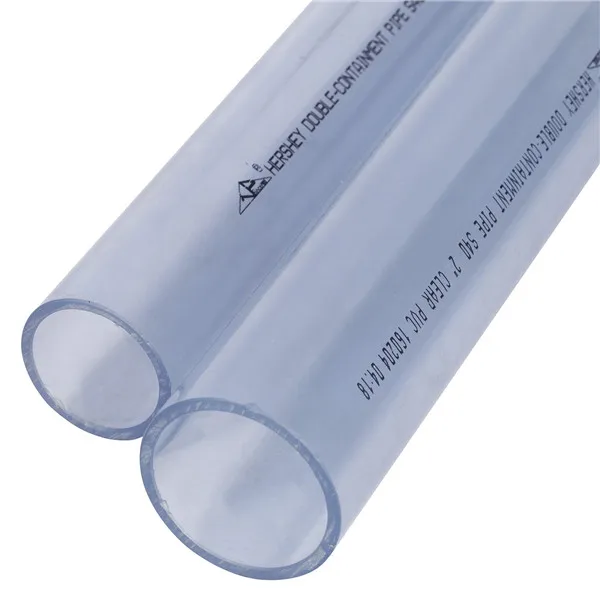ਨਵੰ. . 18, 2024 09:51 Back to list
hdpe rain pipe
The Benefits and Applications of HDPE Rain Pipes
High-Density Polyethylene (HDPE) rain pipes are becoming increasingly popular in the field of water management and drainage systems. These pipes offer a variety of advantages that make them suitable for both residential and commercial applications. This article delves into the characteristics, benefits, and various uses of HDPE rain pipes.
What is HDPE?
High-Density Polyethylene is a thermoplastic polymer made from petroleum. It is known for its high strength-to-density ratio. HDPE is a robust material that is resistant to many chemicals, UV radiation, and moisture. Due to these properties, it is commonly used in the production of containers, bottles, and, importantly, piping systems.
Advantages of HDPE Rain Pipes
1. Durability One of the standout features of HDPE is its exceptional durability. The pipes can withstand extreme weather conditions and are less prone to cracking over time compared to traditional materials like concrete or clay. This durability ensures a longer lifespan and reduces the need for frequent replacements.
2. Lightweight HDPE pipes are significantly lighter than traditional pipe materials. This feature not only makes them easier to transport but also simplifies the installation process. Reduced labor costs and less machinery are required, making projects more efficient.
3. Corrosion Resistance Unlike metal pipes that can corrode over time, HDPE is resistant to rust and corrosion. This characteristic is particularly beneficial in rainwater management systems, as it allows for a longer lifespan and lower maintenance costs.
4. Flexibility The flexibility of HDPE is another advantage worth mentioning. These pipes can bend without breaking, allowing them to be installed in areas where rigid materials may fail. This flexibility opens up possibilities for complex drainage systems that can navigate around obstacles.
5. Environmental Responsibility HDPE is a recyclable material, which means that it can be reused to produce new pipes once it reaches the end of its life cycle. This reduces waste and promotes a more sustainable approach to construction and infrastructure.
hdpe rain pipe

6. Hydraulic Efficiency The smooth interior of HDPE pipes allows for better flow rates and minimizes turbulence. This efficiency translates to reduced energy costs in pumping systems and ensures that rainwater is effectively drained away.
Applications of HDPE Rain Pipes
1. Stormwater Management HDPE rain pipes are widely used in stormwater management systems. These systems are designed to prevent flooding and manage runoff effectively. The lightweight nature and durability of HDPE make it an ideal choice for managing large volumes of rainwater.
2. Agricultural Drainage Farmers utilize HDPE drainage pipes to manage excess water in fields, promoting healthier crop growth. Proper drainage prevents root rot and other issues that arise from standing water.
3. Residential Applications Homeowners are increasingly turning to HDPE rain pipes for gutter and downspout systems. These pipes can efficiently channel rainwater away from the foundation of homes, reducing the risk of water damage.
4. Industrial Uses Many industrial facilities require reliable drainage systems to manage water runoff. HDPE pipes are used in these settings due to their robustness and resistance to chemicals, ensuring durability in demanding environments.
5. Municipal Systems Local governments often install HDPE rain pipes in urban drainage systems. The ability to manage stormwater effectively helps reduce flooding and waterlogging in cities, contributing to public safety and infrastructure resilience.
Conclusion
In conclusion, HDPE rain pipes represent a significant advancement in the way we manage water drainage. Their durability, lightweight nature, corrosion resistance, flexibility, and environmental sustainability make them an ideal choice for various applications. From individual homeowners to large municipalities, HDPE rain pipes offer effective solutions for effective rainwater management, ensuring that communities can better adapt to changing weather patterns and enhance their resilience to flooding. As technology advances, it is likely that the use of HDPE will continue to expand, further solidifying its role in modern drainage systems.
-
High-Quality HDPE Sheet | Durable Plastic Panels
NewsAug.06,2025
-
High-Precision PVC Rigid Sheets for Vacuum Forming | AI-Optimized
NewsAug.05,2025
-
Durable PVC-M Water Supply Pipes | 60-Year Life
NewsAug.04,2025
-
Premium HDPE Water Supply Pipes: Durable & Leak-Proof
NewsAug.03,2025
-
Premium PVC-M Water Supply Pipe - Durable & Efficient
NewsAug.02,2025
-
HDPE Drainage & Irrigation Pipe - Durable, Efficient Solutions
NewsAug.01,2025

